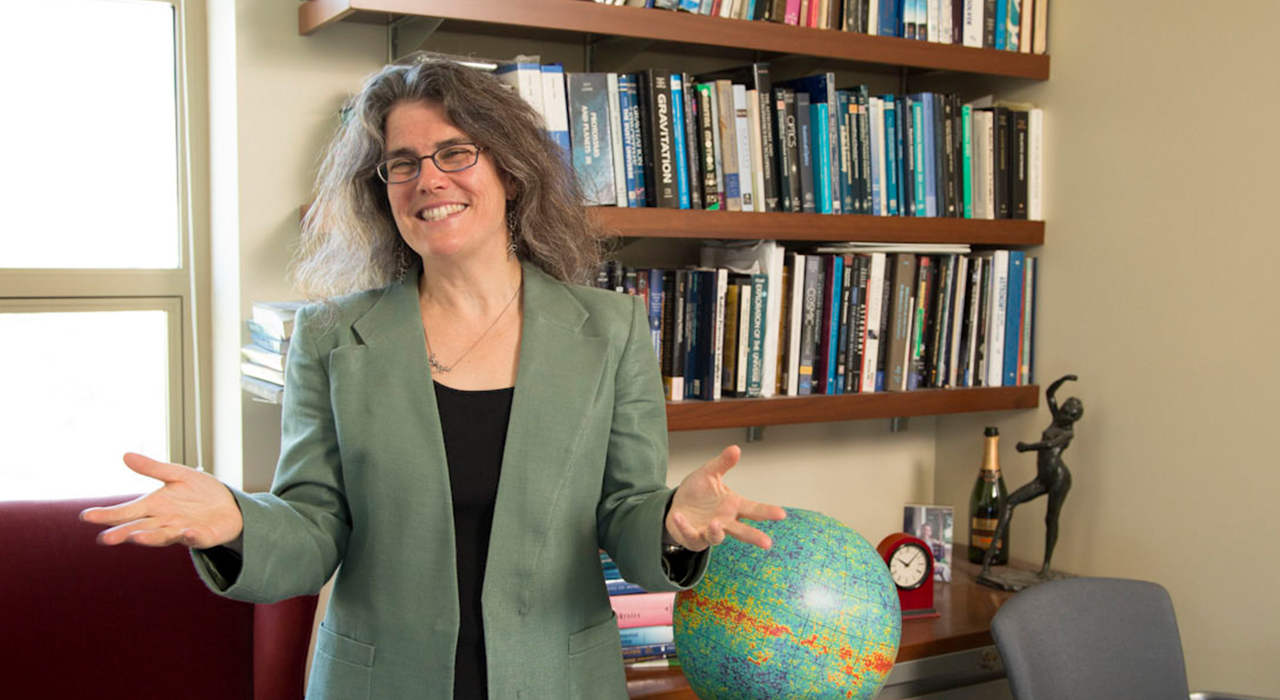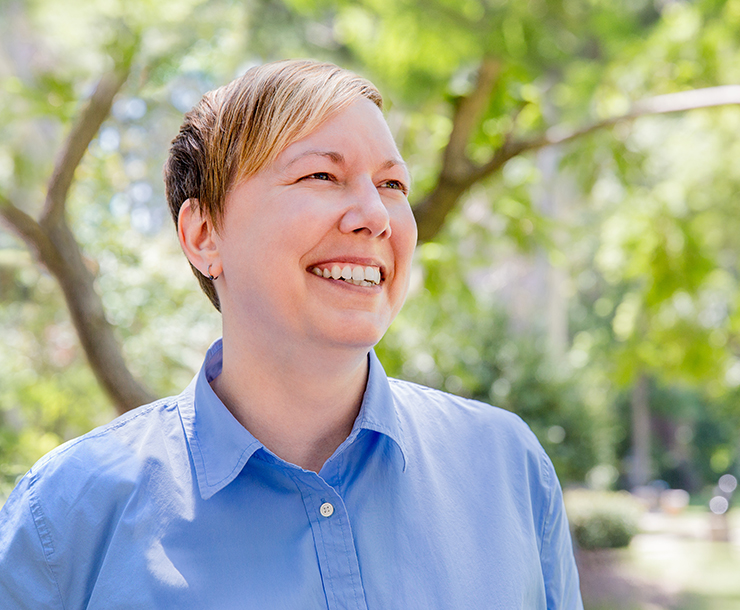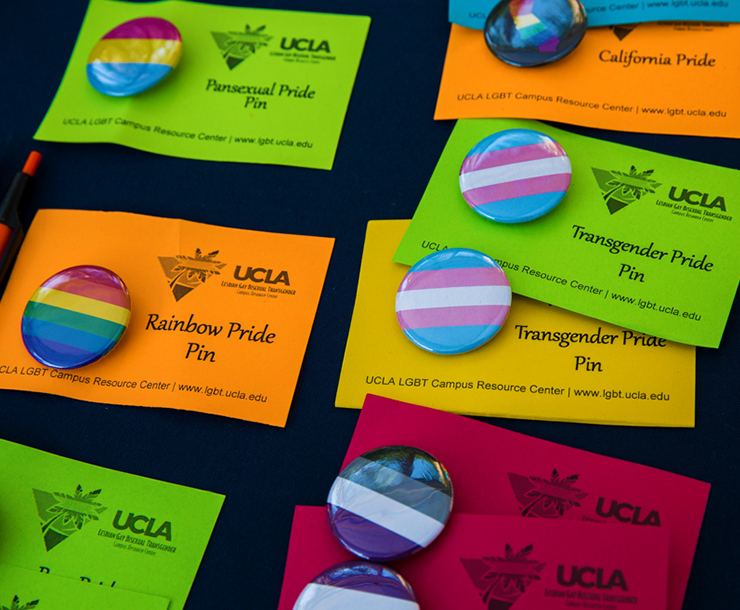It’s hard to fathom how many lives have been saved by organ transplants since the early 1960s, when Dr. Paul Terasaki’s research made these surgeries possible.

“UCLA gave me the opportunity to do the research that led to the development of tissue typing,” Terasaki said in 2010. “At many other universities, I would not have had that kind of freedom in the lab.”
Groundbreaking research has been a cornerstone of UCLA from the very beginning, and Bruin discoveries have improved lives and our world in countless ways. Thanks to research, UCLA is the birthplace of the Internet, the nicotine patch, the cell phone microscope, one of the world’s fastest cameras and a cure for a particularly aggressive type of breast cancer, among many other innovations. The pioneering work here also has led to breakthroughs that are transforming culture, energy consumption, genetics, medicine, water treatment and even our understanding of the universe. In short, world-class research remains paramount as UCLA continues to be an engine of positive change for the rest of the world.
“As we move toward our second century,” Chancellor Gene D. Block says of the institution’s priorities, “we are guided by a singular goal: developing UCLA as the model public research university for the 21st century.” Today, that vision is working across a phenomenal breadth of disciplines, and shaping the way we live and think about our communities, our planet and beyond.
Across the Universe
Few universities have as long and deep a connection to NASA as UCLA.
Twenty years ago, famed UCLA astronomer Andrea Ghez was the first to find the massive black hole that sits at the center of our galaxy. UCLA scientist Christopher Russell, who heads NASA’s Dawn mission, has been making space history for more than 40 years.
“To ask why I do what I do,” Russell says, “is akin to asking Lewis and Clark why they felt the need to explore. They explored the edge of our maps. I explore at the edge of our understanding.” That fearless exploration and quest for knowledge continues to guide and inspire Bruin researchers, who are working on a dizzying array of projects today. In 2017 alone, a partial list of UCLA space research includes an experiment that resolved a mystery about wind flows on Jupiter; a study which found that the moon was formed 4.51 billion years ago, millions of years earlier than previously believed; and research that might reveal what the sun was like when it formed. These findings heighten our understanding of the universe and humanity’s place in it, and they may, in turn, lead to the next breakthrough that improves life on earth.
Guiding Public Policy
Here in Westwood, Bruin research is also guiding the national agenda. One powerful example is the UCLA School of Law’s Williams Institute, a think tank dedicated to conducting rigorous, independent research on sexual orientation and gender identity law and public policy.
Data gathered by Institute scholar Jody Herman, as part of her research on sexual orientation and gender identity — much of which had never before been collected — is cited often during public policy discussions. The research has been referenced by the U.S. Department of Justice and by amicus briefs to the Supreme Court.
Taking on Complex Global Problems
From outer space to local issues, UCLA researchers are uniquely qualified to take on vast, complex challenges, because working in an interdisciplinary manner is fundamental to the university’s spirit of Optimism. Prime examples of this worldview in action are the UCLA Grand Challenges, ambitious research projects that set the sights of many on a common goal. The Sustainable LA Grand Challenge, for one, connects more than 150 UCLA faculty members, researchers and world-renowned scholars in an ambitious drive to make Los Angeles County energy and water independent by 2050.
Just as grand a challenge is the initiative to understand, prevent and treat the worldwide scourge of depression. Every year, 30,000 people in the U.S. and 1 million people worldwide commit suicide, almost always because of depression. That’s more than the number of people who die from car accidents or homicide. Depressive disorders are found in one in four women and one in six men. Yet, its origins remain largely unknown, for now.
The centerpiece of this unparalleled effort is the largest depression research project in history — a 100,000-patient study that will be critical for identifying genetic, biological, cognitive, social and environmental factors associated with depression.
“We may not be able to entirely eliminate the burden of depression,” concludes Nelson Freimer, associate director of UCLA’s Semel Institute for Neuroscience and Human Behavior and leader of the Depression Grand Challenge. “Our goal, as with other aspects of the human condition, is to make depression manageable. So it doesn’t cause people to lose their jobs. It doesn’t cause people to lose their families. And it doesn’t cause people to commit suicide. The opposite of depression isn’t being happy. The opposite of depression is being well.”
Inspiring the Next Generation of Groundbreaking Researchers
The Depression Grand Challenge may ultimately draw researchers who cut their teeth participating in the Bruins-in-Genomics (BIG) Summer intensive program, which gives students practical research experience in genomics and bioinformatics. It’s a rare opportunity for young people to do cutting-edge work, in this case while sequencing the human genome. The BIG Summer program is indicative of the university’s overarching, unwavering and long-term commitment to making life better for everyone everywhere. As always, research, along with education and service, remains UCLA’s most powerful means to affect positive global change.




